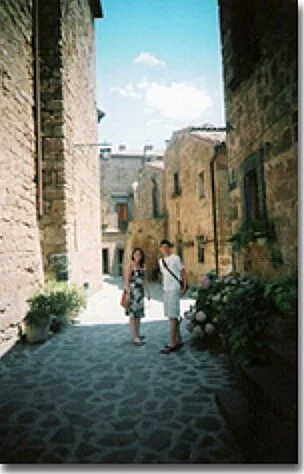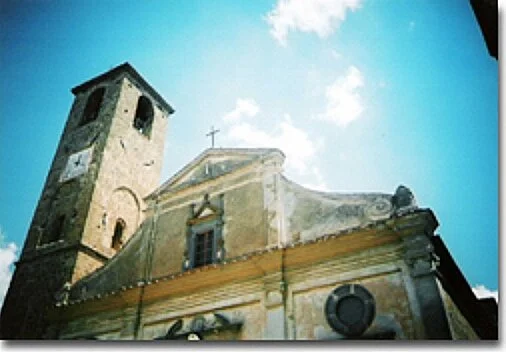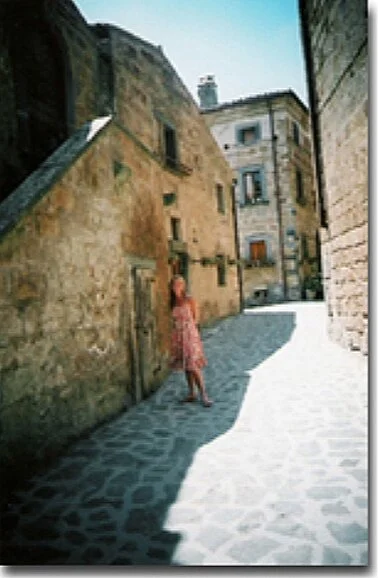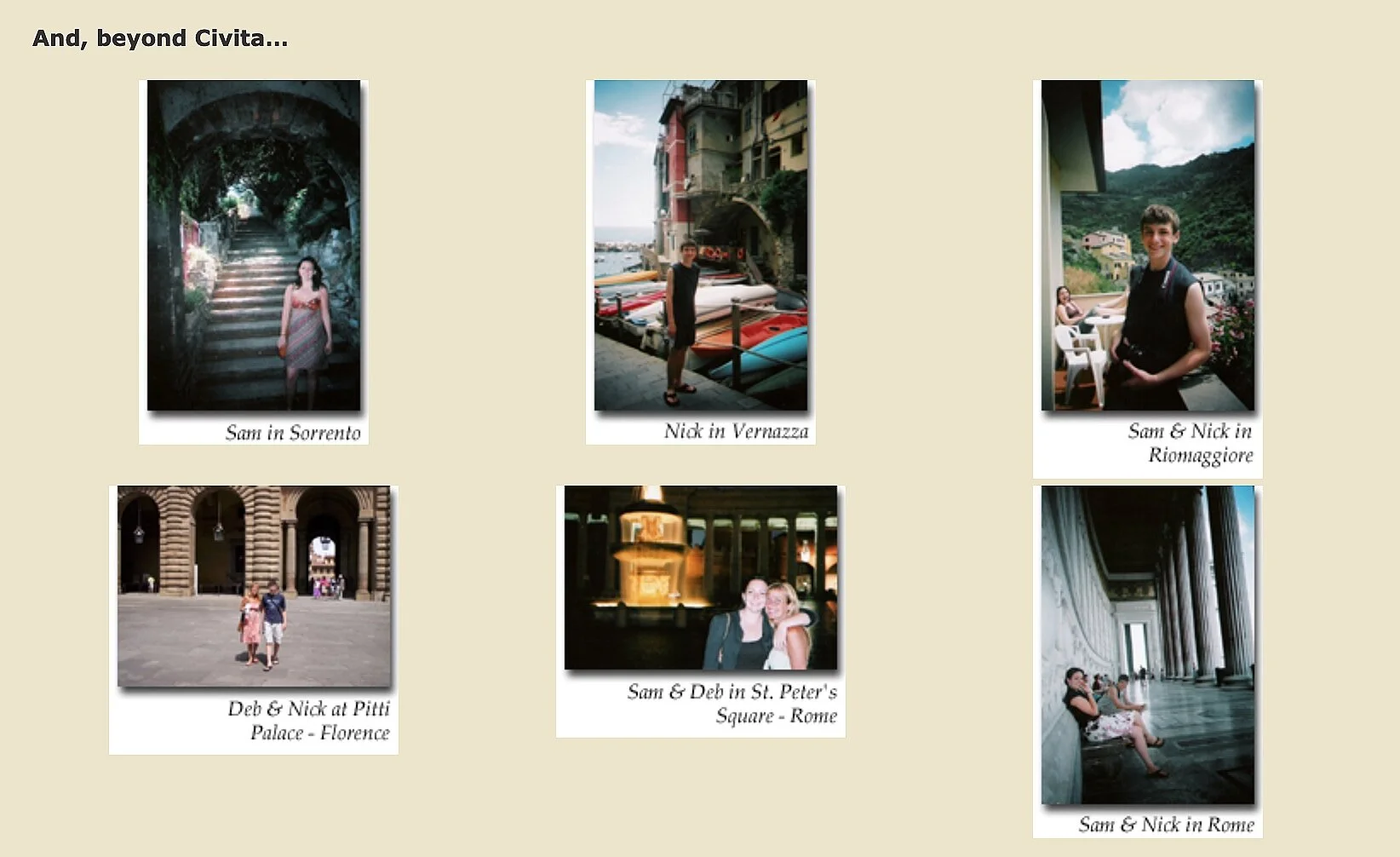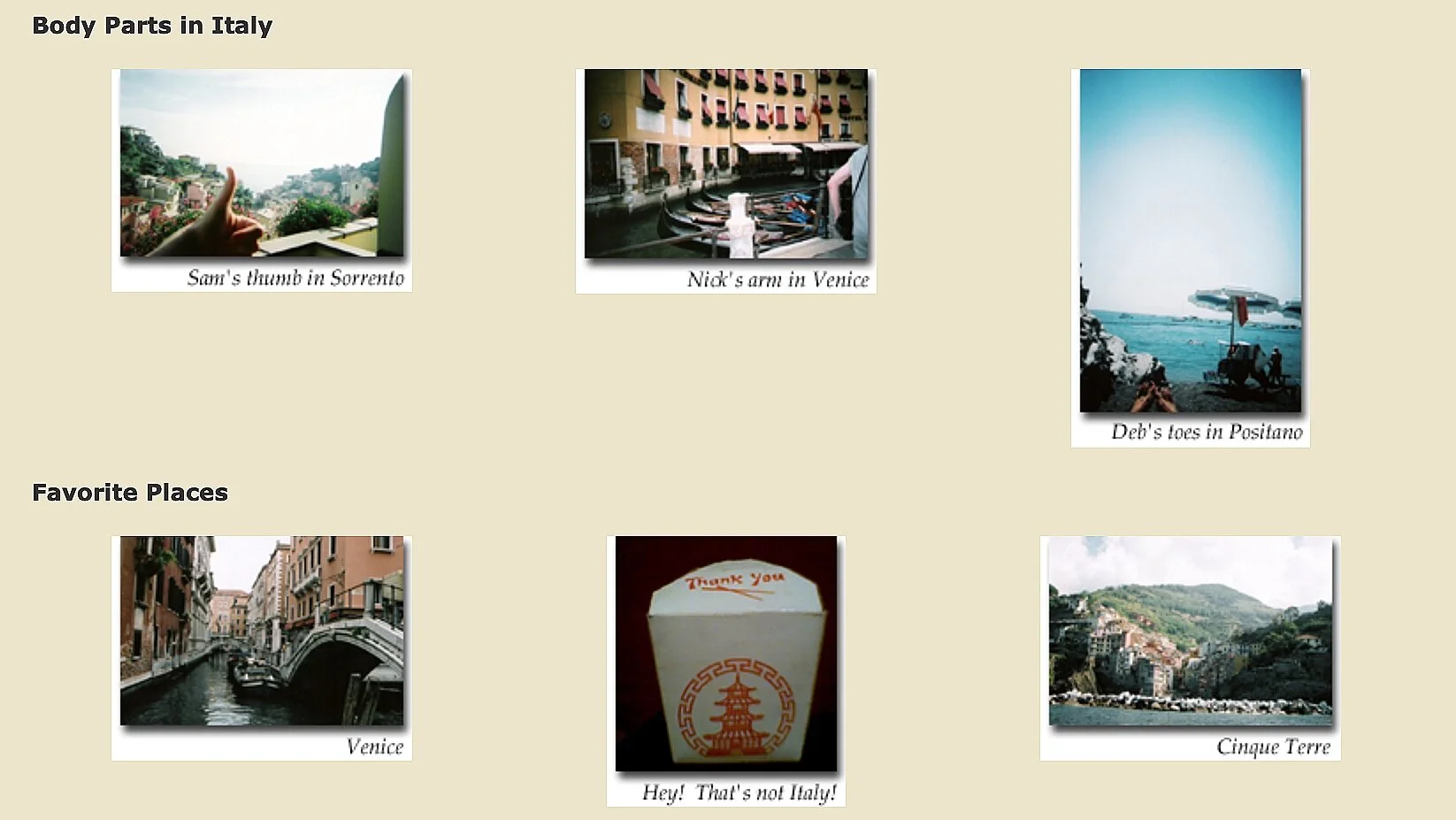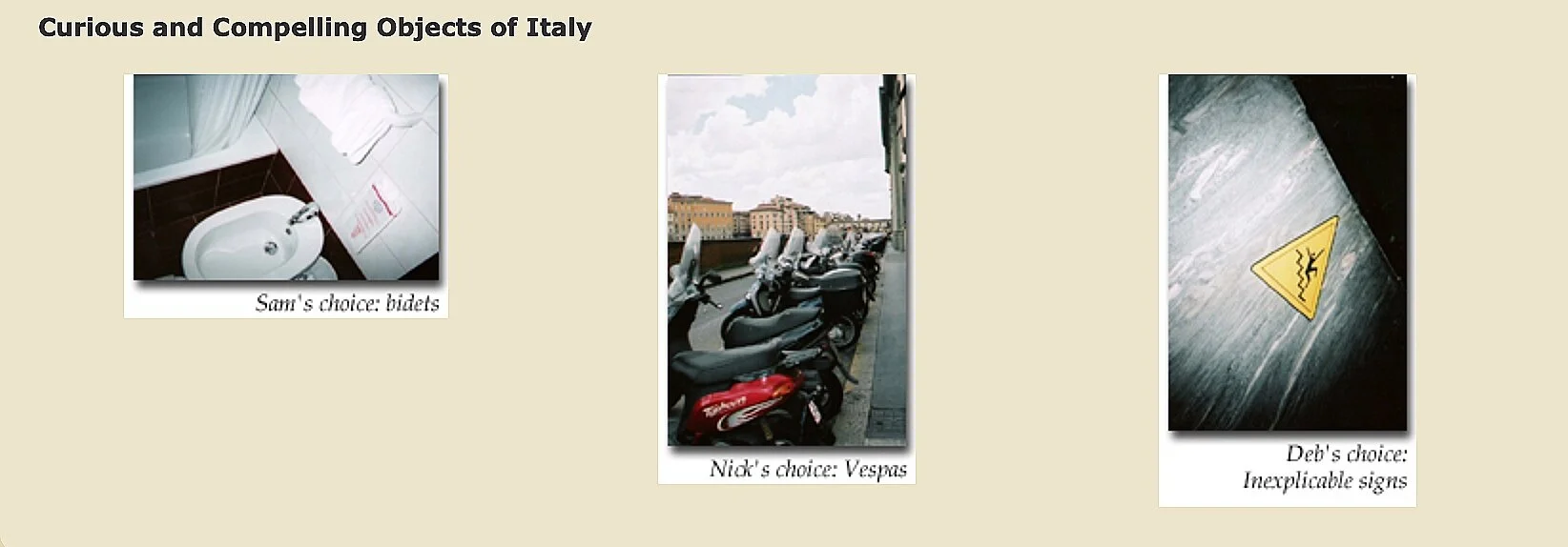Cassie is falling in love with her stepfather Dino’s brilliant young violin student, all while trying to cover up his increasingly erratic behavior, in this story of intense love, family, and secrets from Printz Honor medal winner and National Book Award finalist Deb Caletti.
Seventeen-year-old Cassie Morgan lives with a time bomb, a.k.a. her stepfather, Dino Cavalli. To the public, Dino is a world-renowned violin player and composer. To Cassie, he’s an erratic, self-centered bully. And he’s getting worse. Dino no longer sleeps, and he grows increasingly paranoid. Before, Cassie was angry. Now she is afraid.
Enter Ian Waters: a brilliant young violinist, and Dino’s first-ever student. The minute Cassie lays eyes on Ian she knows she’s doomed to fall head-over-heels in love with him.
Cassie thought she understood that love could bring pain, but this union will have consequences she could not have imagined.
“Fragile things become undone at a frightening speed.”
Wild Roses: The REAL Sabbotino Grappa
The REAL Sabbotino Grappa
I am often asked what parts of my books are real. It’s a tough question to answer. Fiction is part experience, part memory, part dream, and all mstery. Answering that question is often like trying to separate the ingredients to a recipe I don’t have. Is it cinnamon? Nutmeg? Two eggs, or none? I am also asked what settings of mine are real. Sometimes people want to visit the places I create, sometimes they like to guess where the location is, and sometimes they are sure they know. Okay, mostly they are sure they know. But my settings, too, are rarely a finite I can pin down. It’s another recipe – a bit of this place, a bit of that, a bit of something I just made up. We do that, you know. In the real world, we’d be called liars, but in this job we’re called writers, which is almost like getting away with something. Cool, huh? I usually write about the Northwest, and most often I have a place in mind (Friday Harbor, Whidbey Island, my own mountain-valley town of Issaquah), which I then set about changing to fit my own needs. I don’t usually like using real names of places. I feel like I can get away with more if I don’t – like moving buildings from place to place, or mountains. Stuff people who live there might object to. Also, sometimes reality just isn’t as poetic as you’d like. The paragliding landing spot in Honey, Baby, Sweetheart, for example, is actually called “Poo Poo Point.” If I called it that, readers who don’t live here would just think I was one of those kinds of people who put plastic barf on the floor to fool unsuspecting passerby.
Sam and Nick, acting like Estruscans
In Wild Roses, though, a big part of the story takes place in an Italian hill town in the Tuscan valley. It’s called Sabbotino Grappa in the book. I’m thinking that’s actually some Italian after dinner drink, but oh well. I liked the name. While Sabbotino Grappa doesn’t exist, it was based on a very real and amazing place that I visited for the second time in July.
Father Minelli’s church
The first time I visited this incredible, dying hill town (Population 17), was a little over ten years ago, when my daughter, Sam, was five and my son, Nick, was two. Civita de Bagnoreggio, the real Sabbotino Grappa, was one of our stops. I had never forgotten it – the way it sat on a pinnacle in the valley; the old Italian woman who gave us a tour of the church (she smelled like red wine); the streets that seemed empty and abandoned until you got a glimpse of a moving curtain and someone peeking out. There were stone walkways, and a crouched ancient man (he smelled like red wine, too). When it came time to give Dino Cavalli, master violinist and composer (who may or may not smell like red wine), a “hometown,” and when I needed a small cast of Italian characters to populate it, Civita de Bagnoreggio was what I thought of.
Ever since I visited Italy, I’ve wanted to go back. Maybe it’s my Italian heritage – maybe it’s because I get it there. The climate, the food, the wacky temperament, the need for color, the bad driving – I understand it all. This summer, though, I decided I also wanted to take my kids, Sam and Nick, back there again, since this time they’d be old enough to remember it.
Looking for Dino at Honoria’s place




